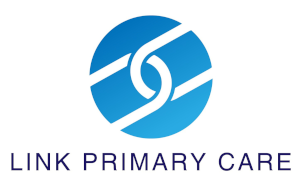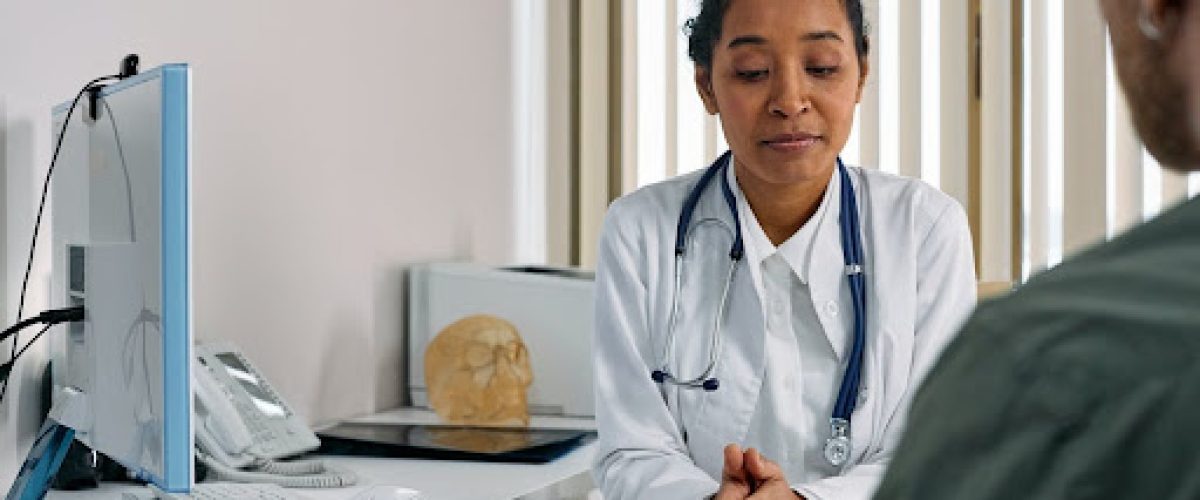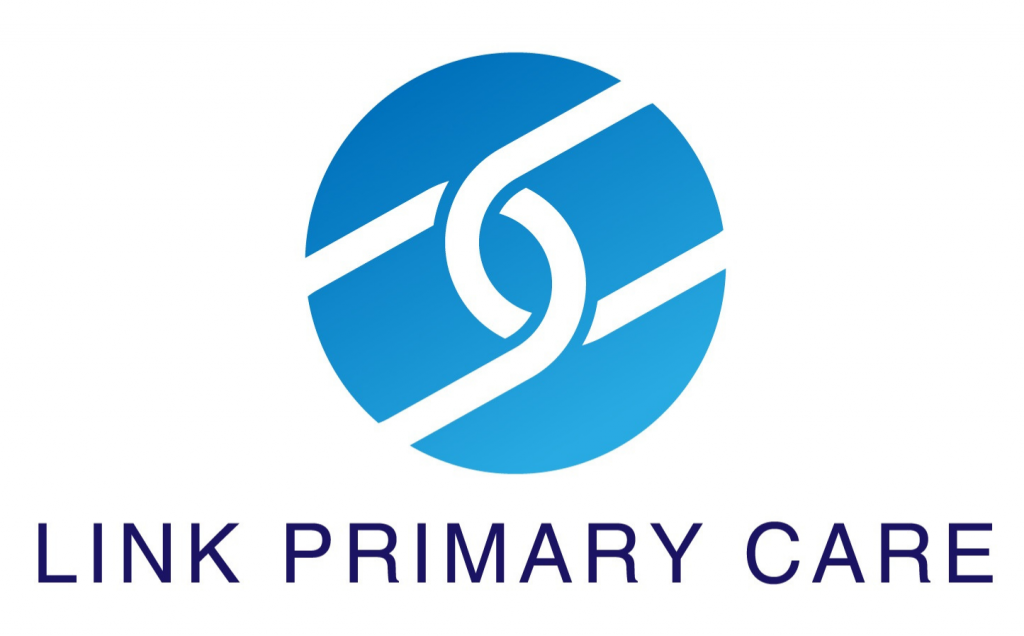Direct primary care has grown significantly since it became a healthcare option in the early 2000s. Its popularity is due to multiple benefits like shorter wait times compared to traditional healthcare arrangements. Patients can count on on-time appointments; access to a doctor through email, text, or call; low enrollment fees; wholesale prescriptions; and comprehensive lab work. In this time, Link Primary Care has become a preferred Direct Primary Care provider in St. Louis, MO.
In addition, health insurance companies can be very confusing, frustrating, and costly. Many St. Louis residents are fed-up with the exorbitant premiums that insurance demands and are turning to primary care practices since they offer affordable, basic medical care. A direct primary care visit does not rely on insurance and will provide services at a reasonable and predictable price.
Patients who opt for direct primary care monthly memberships don’t pay fees on health insurance premiums or copays. They instead pay their healthcare provider directly for a predetermined number of primary care services.
How Do You Prepare for a Direct Primary Care Visit?
Before visiting a DPC doctor, take these preliminary steps.
1. Revisit your health care history.
A primary care service provider will want to have as much information about your health care history as possible. It could be anything from minor allergies to serious surgeries. Some patients find it helpful to write down a few notes beforehand so that they won’t have to rely on memory the day of the visit.
2. Bring essential papers and insurance documents.
Bring any important prescriptions, vaccination cards, or doctor’s notes to your visit. While you won’t need insurance for your direct primary care visit, most outpatient referrals will require insurance. Your insurance card will help the reception desk know which referral partners are in your network.
3. Bring all medications to your appointment.
Even though you take your medications every day or every week, you may forget a critical detail without the physical container in front of you. That is why it is advisable to bring all your medications to your primary care provider. Include over-the-counter drugs and prescriptions so that the provider can go through the labels with you.
4. Be aware of your family’s health care history.
Patients genetically acquire some conditions and diseases. Therefore, your primary care provider may want to see the connection between your health and that of your biological family’s health. This, in turn, helps them figure out any lifestyle behaviors you might need to change to reduce your chances of developing a particular condition.
5. List concerns and symptoms
Write out a list of queries you may have about your health as a patient. Be honest and outline any symptoms that worry you physically and mentally and take note of what your provider says during the consultation. Then, schedule a follow-up visit before you leave the office.
What Do Primary Care Doctors Check for and Treat?
Expect direct primary care doctors to perform a full range of health services. The three categories include wellness and prevention screenings, acute illness or injury treatment, and chronic disease management.
Wellness and Prevention Screening
A Direct Primary care physician commonly checks for:
· High cholesterol.
· Heart disease.
· Breast, prostate, colorectal, and prostate cancers.
· High blood pressure.
· Diabetes mellitus
· Patients developmental disorders
· Status of immunization
· Sexually transmitted disease
· Depression
· Signs of Domestic violence
Acute Illness or Injury Treatment
The doctor might also perform specific procedures as part of a normal visit:
· Carry out laboratory tests to diagnose the condition.
· Prescribe appropriate medications for the disease.
· Check patients’ interactions with any medicines
· Conduct an EKG (electrocardiogram) to evaluate your heart.
· Carry out spirometry tests on patients to assess their lung function.
· Treat acute conditions like asthma attacks, migraine attacks, or urinary tract infections.
· Offer care coordination to any wounds and injuries.
· Manage fever or dehydration
· Carry out preliminary tests to investigate or broken ligaments or bones.
· Treat minor skin rashes, bites, infections, muscle sprains, or strains.
· Connect you with mental health resources in your community
· Refer you to outside specialists
Chronic Conditions
If you have a long-term health condition, your DPC physicians will do the following:
· Connect you with other care specialists.
· Prescribe medications to manage your condition, keenly monitoring them to see if they are working or not. If not, the primary care physician will change them to more effective ones.
· Help you develop a diet plan, exercise, and self-care routine.
· Conduct necessary lab tests to monitor your health in general and your progress.
· Connect you with resources related to your condition
Why is Direct Primary Care Better than a Typical Doctor’s Visit?
According to the American Academy of Family Physicians, DPC practices benefit patients by offering substantial savings and promoting health through increased access to a doctor’s expertise. Direct primary care is, as the name suggests, all about a direct doctor-patient relationship. This allows family physicians to care for the whole person while reducing financial overhead and negative incentives associated with fee-for-service third-party-payer billing for the patient.
The monthly fee allows you to take charge of your healthcare budget and services instead of leaving them to an insurance company. It helps manage your healthcare system so that you can get the most out of your money and time.
Get Personal and Affordable Healthcare in St. Louis, MO. Contact Link Primary Care today!
If you want comprehensive care for you and your family, look no further. Here at Link Primary Care, we offer the best, unlimited access to doctors and ensure you save more money by providing a flat monthly fee. Same-day and next-day primary care services scheduling are conveniently available just for you. Contact us at 314.804.0296 to learn more about the various health plans and services we offer in St. Louis.


